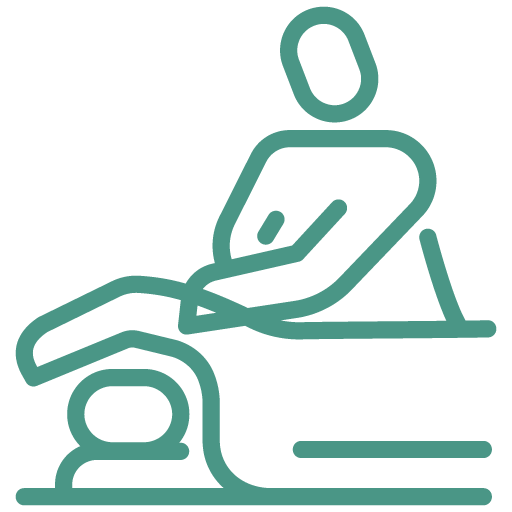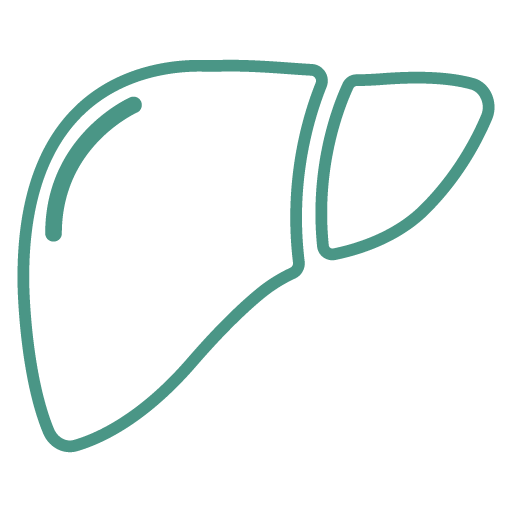Let’s find out why from the psychiatrist Dr. Vincenzo Ruggiero
The highest rates of depression are seen among people between the ages of 50 and 75, and it is more common among women than men. But numbers are rising among adolescents and young people.
In spite of this, there is a double prejudice against treatment for depression that means that only 1 person in 5 suffering from the disorder seeks help. Firstly, people suffering from depression are ashamed and prefer to suffer in silence. Secondly, you are thought to be “mad” if you take specific medicines or undergo psychotherapy.
The truth of the matter is that we shouldn’t talk simply of depression. What is involved are various types of depression that range from moderate to light to those more serious types that are those that respond better to antidepressants.
When we talk of depression we are talking about a wide range of symptoms such as sadness, irritability, not wanting to do much, negative thoughts about ourselves and our future, not looking after ourselves or our health, a marked lack of energy, loss of appetite, low self-esteem, memory loss, lack of attention and concentration, besides other symptoms such as violent headaches, anxiety, disturbed sleep, gastrointestinal problems, different sorts of pain, or sexual problems.
These require an in-depth diagnostic evaluation by a qualified psychiatrist. In fact, only 25% of patients get as far as seeing a psychiatrist. The remainder are seen by a cross spectrum of specialist doctors, from gastroenterologists, neurologists, rheumatologists, cardiologists, ear-nose-and throat specialists, and so on. Non of them can offer any satisfactory solution to the patient and this type of approach has a high cost both to the patient and to the local community.
Many different possible causes of depression have been considered, such as illness, biological factors, and genetic and psychosocial factors, even if such a subdivision is artificial because the three interact with each other.
The most serious risk is that a patient suffering from depression will undoubtedly consider suicide at some time during the course of his or her illness.
Research carried out by the European Commission for Mental Health has shown that 58,000 European citizens commit suicide every year, and that suicide victims, the majority of whom are suffering from depression, outnumber deaths from road accidents (50,700 victims a year).
Today, depression is treated with medication and psychotherapy.
Most of the clinical studies carried out over the last 30-40 years have shown that an approach that integrates medication with psychotherapy is the most efficient treatment for depression.
Pharmacotherapy for depression must aim to:
1) end the depressive phase
2) prevent possible and frequent relapse over time.
The psychiatrist, when considering what drugs to use to treat a patient suffering from depression, must consider a series of issues that range from an evaluation of the family environment, the patient’s age, any concomitant illnesses, and the possible side effects that could compromise continuity of therapy.
Guidelines for the correct use of antedepressants must consider that when we determine that there has been no efficacious response to a specific therapy, the dosage administered might have been too low or the length of treatment might have been too short. Therefore, even though it is usually correct to start with a low dose to reduce the impact of possible side effects that could compromise the regular administration of the therapy, the dose must be gradually increased until the minimum therapeutic dose is reached and then maintained at that level for at least 4-6 weeks. Only then, with regular administration of the drug, will it be possible to draw conclusions as to its efficacy.
Only if an antedepressant used at a suitable dosage and for a sufficient period of time (6 weeks) does not provide any satisfactory improvement of the symptoms should we change drug, and a different class of drug should be prescribed.
The most studied and most efficacious types of psychotherapy are analytical psychotherapy and cognitive behavioural therapy.
The objectives of psychotherapy, whatever methodology is adopted, are directed at getting rid of the symptoms, picking up once again regular social and family habits and functions, and getting back to work and school, preventing possible relapse, resolving underlying psychological problems that could have set off the depression, and ensuring that the patient continues to take his or her medication.
The psychiatrist must also pay special attention to the patient’s quality of life, ensuring that he or she does regular physical exercise, and also to his or her daily diet; all factors that can have a positive impact on the course of the illness.
The objective of reference is to reach a satisfactory level of Mental Health as defined by the World Health Organisation: a state of emotional and psychological wellbeing in which the individual is able to make the best use of his or her cognitive and emotional abilities, play a full role in society, respond to his or her own daily needs, establish rewarding relationships with others, participate in a constructive way to environmental change, and adapt to external conditions and internal conflicts.















